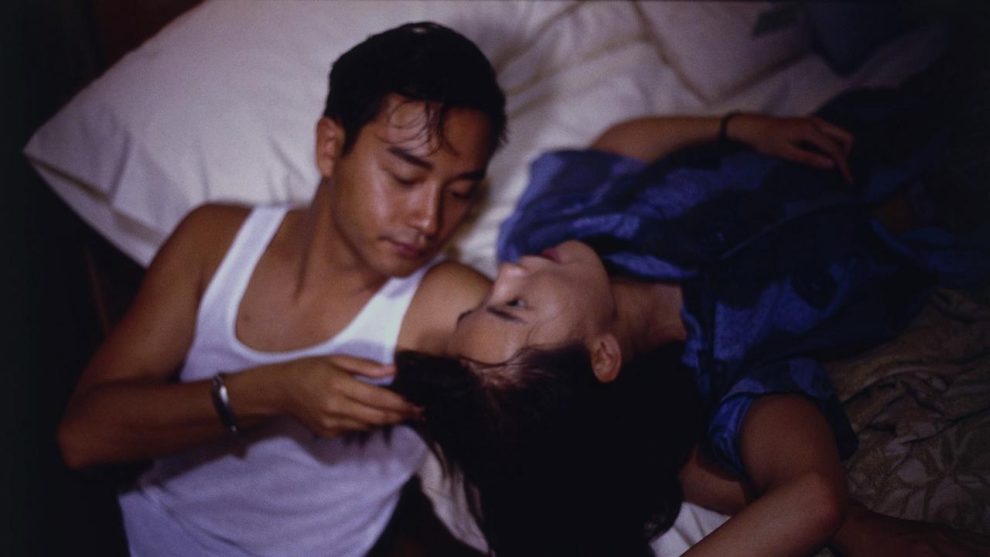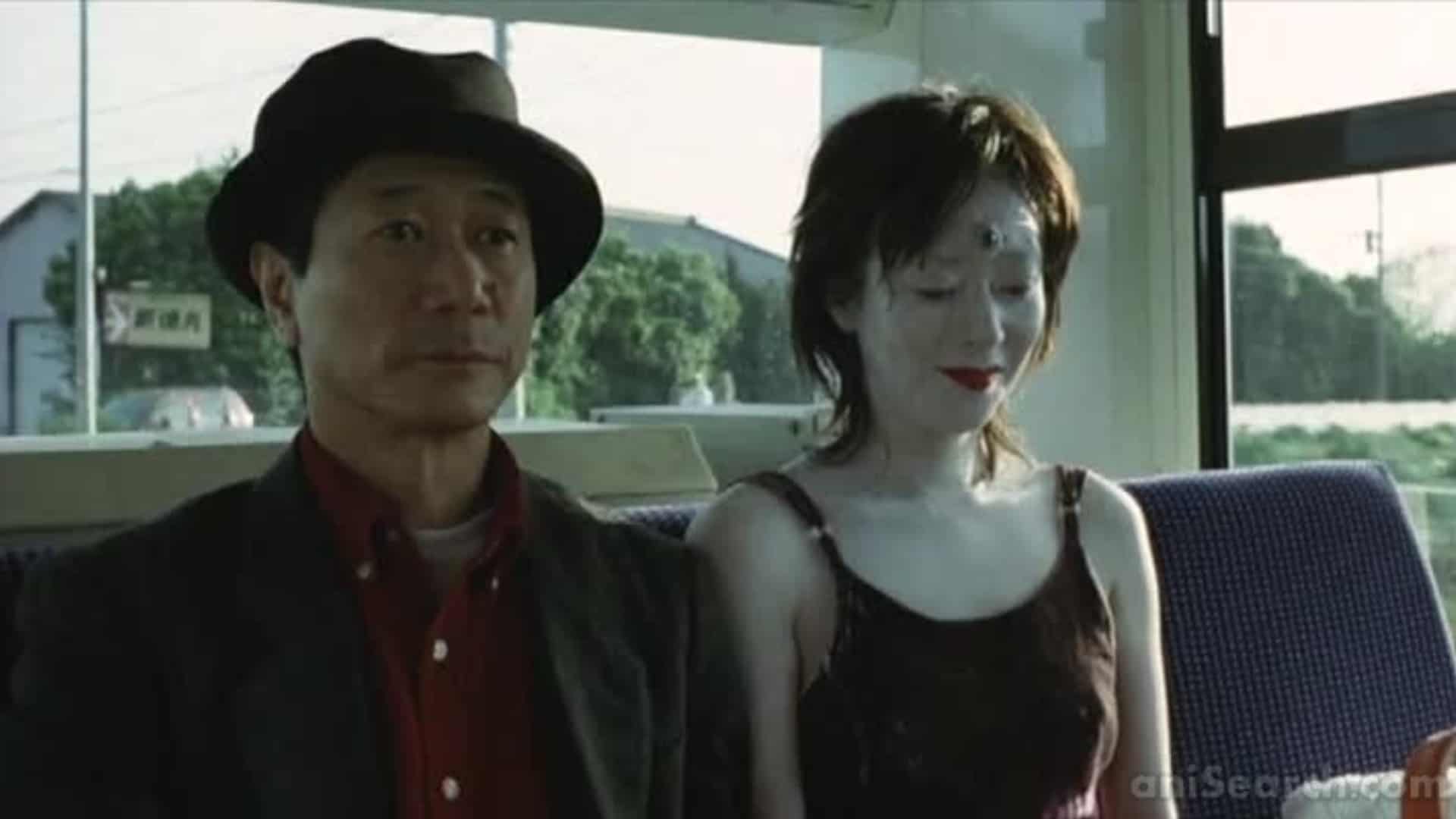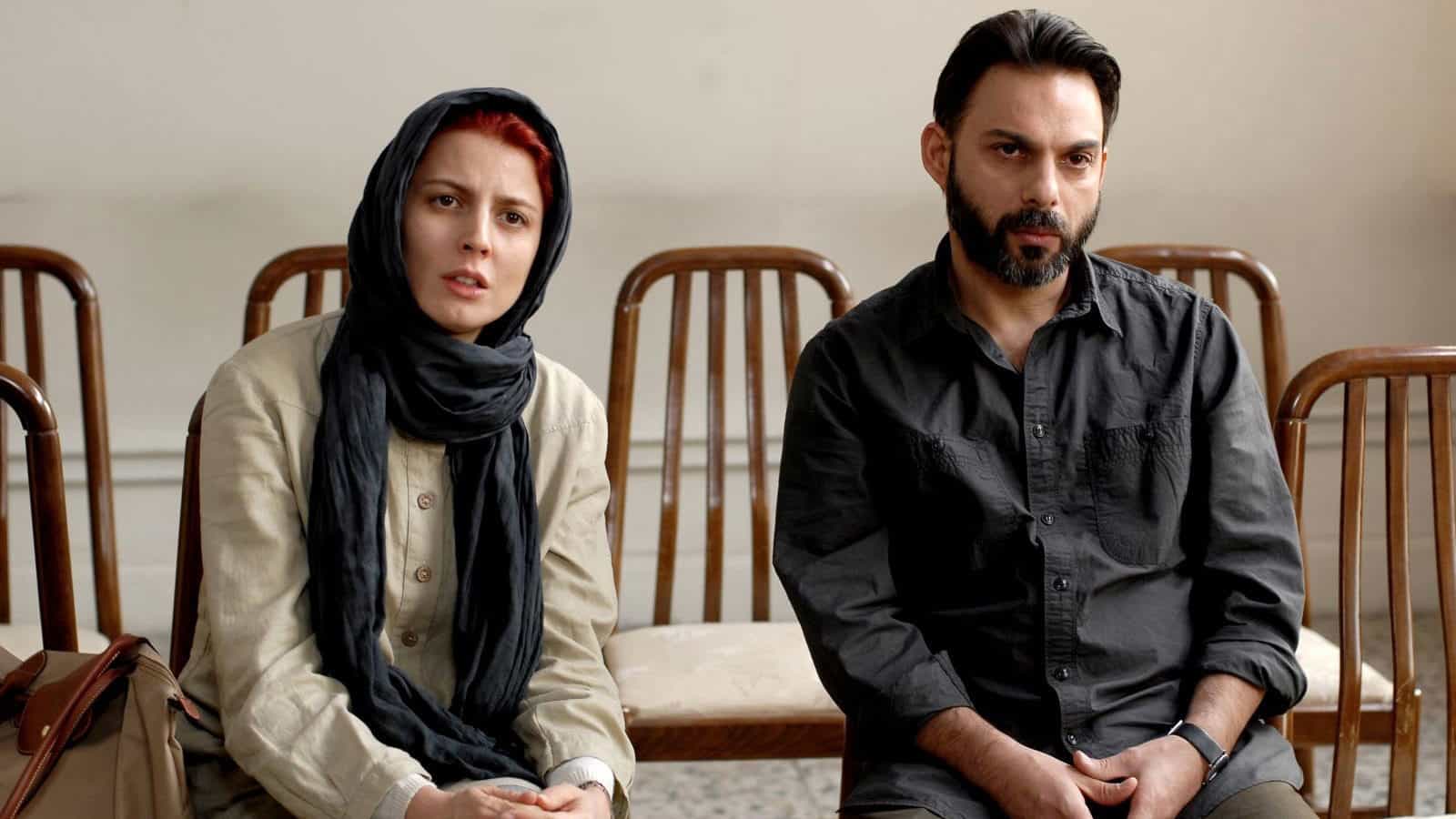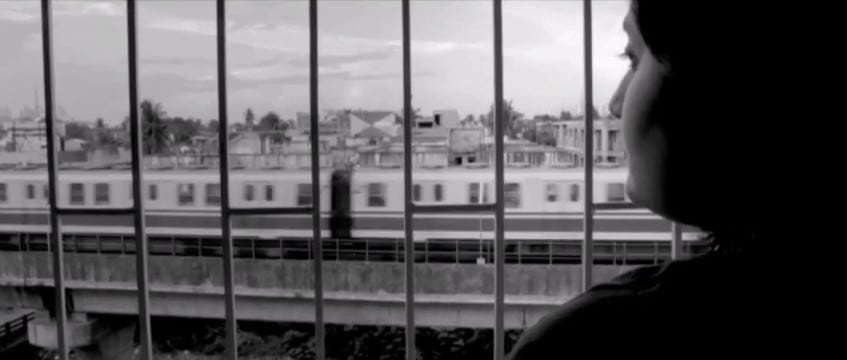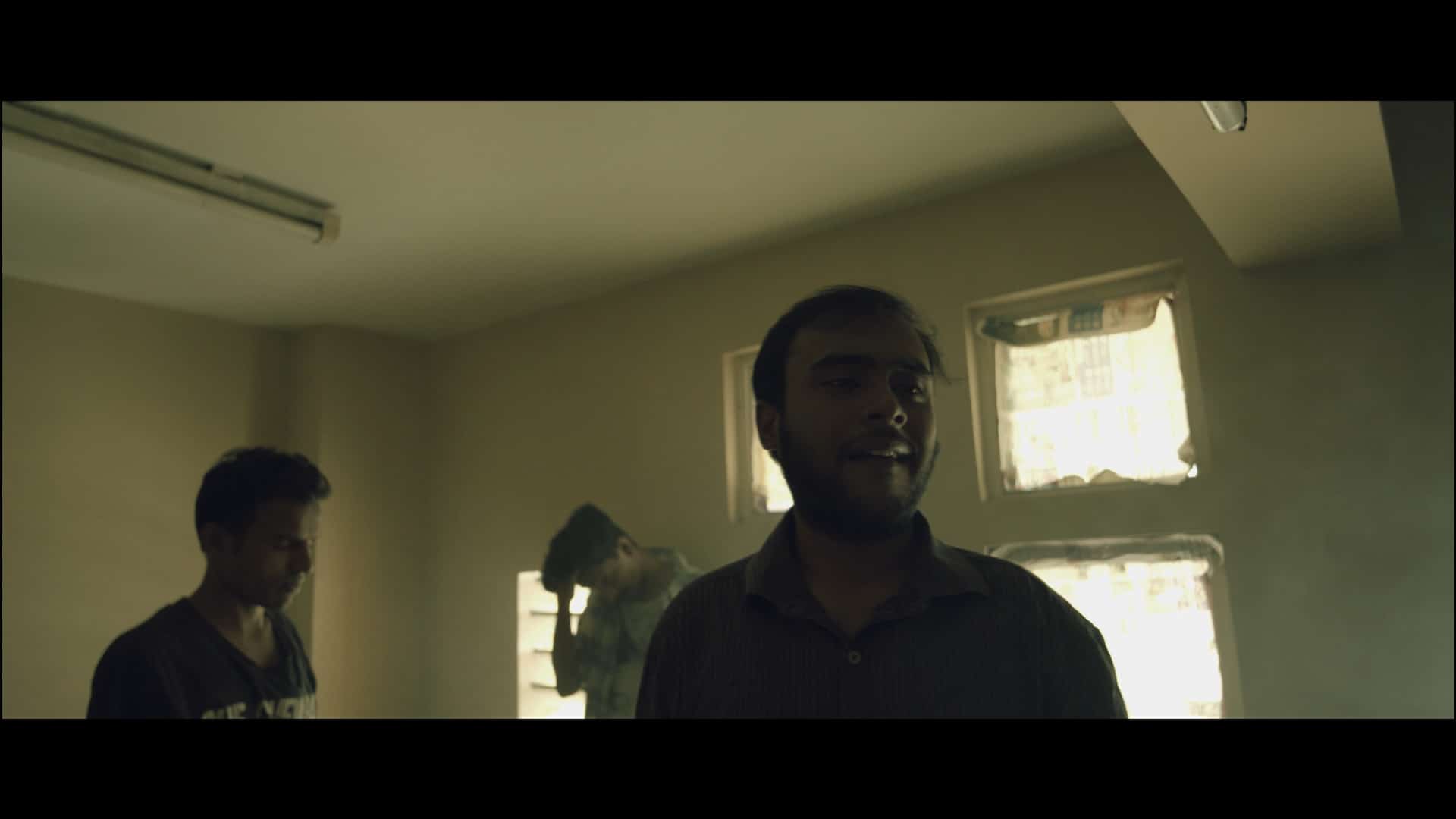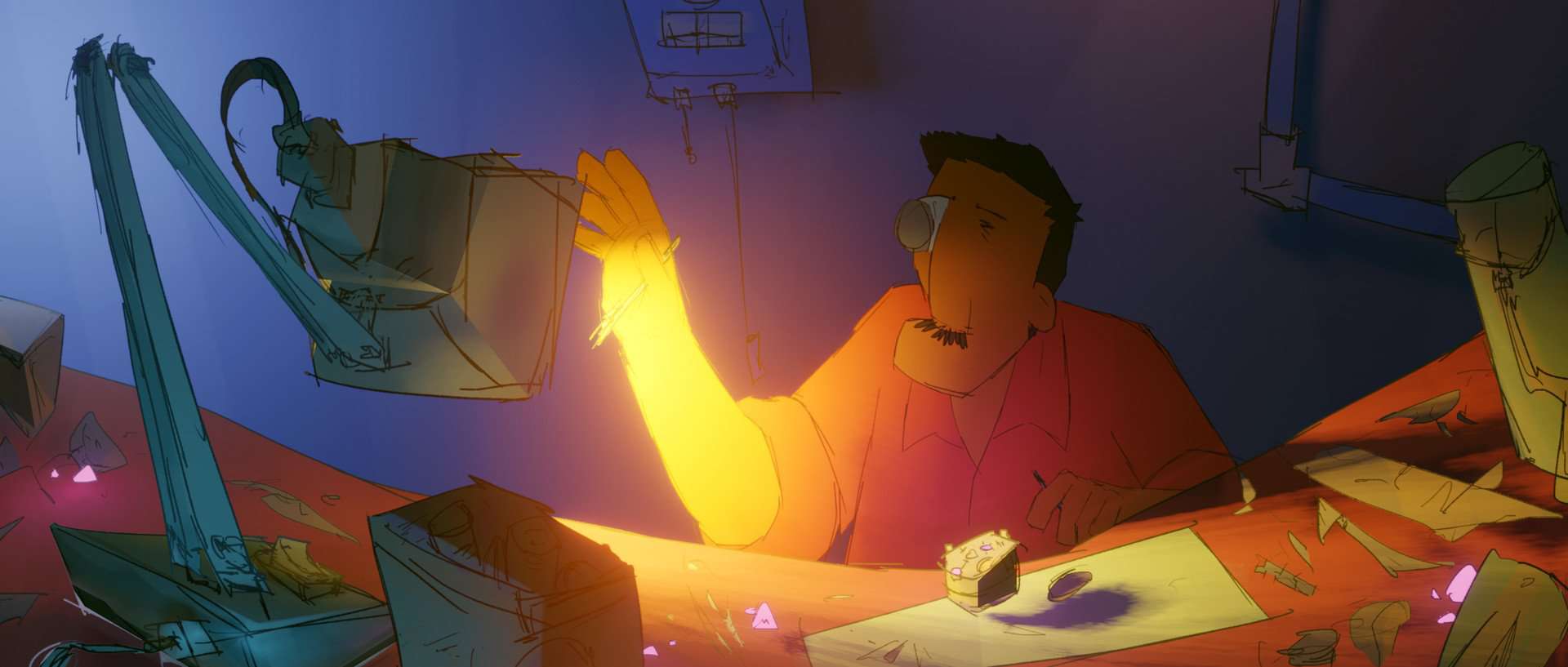After the success of “As Tears Go By”, filmmaker Wong Kar-wai could have embarked on a very lucrative artistic journey, exploring the genre of action and crime even further, and while some of his later efforts contain traces of these genres, they are distinct departures from what Hong Kong cinema was known for at the beginning of the 1990s. Already with his second feature “Days of Being Wild”, he would create the brand of cinema international audiences have come to know from the director, a change emphasized by his collaboration with cinematographer Christopher Doyle, who would be integral in the genesis of the filmmaker's unique style and approach to storytelling. In “Days of Being Wild”, Wong Kar-wai tells the stories of various characters, how their paths intertwine and relate to each other, defined by romance, love and dreams, and, above all, the urban landscape of Hong Kong.
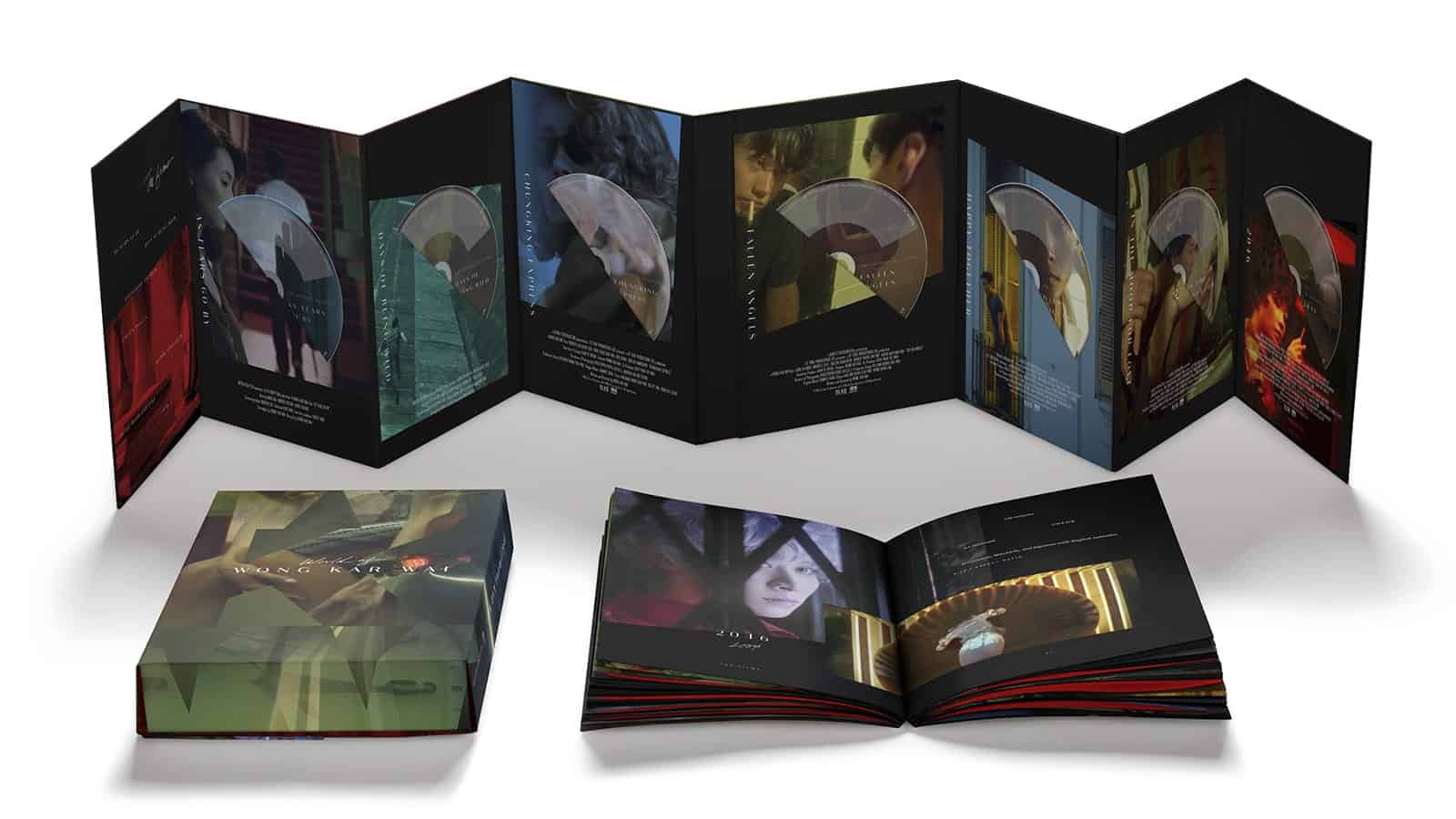
In Hong Kong, Yuddy (Leslie Cheung) is quite a ladies man, having various relationships and one-night-stands without ever settling for one woman. His latest conquest is Li-zhen (Maggie Cheung), who works at a food stand in a stadium, where she first meets Yuddy and his routine of flirting and eventually seducing women. However, the romance does not last very long, as he gets to know cabaret dancer Mimi (Carina Lau), invites her into his apartment and have her run into Li-zhen, who is disappointed and angry at the lack of respect of her now former boyfriend. While Mimi also suffers from Yuddy's emotional cruelty and constant mood swings, Li-zhen tries to get over the relationship, wanting to travel back to Macau, where her parents live, and finds some solace in the company of a policeman (Andy Lau).
At the same time, we follow Yuddy's attempts to find out about the identity of his mother from Rebecca (Rebecca Pan), who raised him and refuses to tell his nephew about his origins. As a way of blackmailing her into telling her, Yuddy deters her lovers, beating them and insulting them, whenever he has the chance. However, as his aunt talks to him about her plans to finally leave Hong Kong for good, he feels this might be his last chance to find about where he was born and who his parents are.
Similar to the characters in “As Tears Go By”, the inability or unwillingness to connect with others is both a blessing and a curse. Even though someone like Yuddy seems to feel at ease within the streets of Hong Kong, its nightclubs and other venues, his actions are also motivated by a certain emptiness in his life, one he connects to the identity of his mother which he has yet to know. At the same time, the emotional distance, this unwillingness to connect, destroys others, such as Li-zhen, Mimi and Zeb, one of Yuddy's neighbors, played by Jackie Cheung, leading them to self-destruction or a lack of orientation. Highlighted by Doyle's cinematography and the editing by Patrick Tam and Kai Kit-wai, the urban sphere seems to perfect habitat for these people, a mirror to their feelings of loneliness and self-loathing, especially in Yuddy's case.
Considering the lack of romantic or emotional dedication, the idea of occupying spaces becomes increasingly important. While the rather bleak environment of her workplace are less than inviting, the memory of Yuddy becomes closely connected to this particular space, as well as the idea of time, which Li-zhen also associates with the image of her former lover, predicting she will spent her time thinking about him upon their first meeting. Similar, the idea of occupying space in his apartment becomes quite an obsession for Mimi, possibly explaining her self-destructive tendencies as her relationship with Yuddy begins to crumble. In combination with the cinematography, the audience may observe the room a person occupies in the other person's lives, how space and time changes because of that idea and how the concept of togetherness becomes fatal as soon as these spaces become memories to another failed attempt at romance.
“Days of Being Wild” is a great drama about relationships, break-ups and how they affect our memories of places and time. In his second feature, Wong Kar-wai proves his talent at observing people's relationships, their weaknesses and the connection of the modern city environment, characters and their idea of love.


